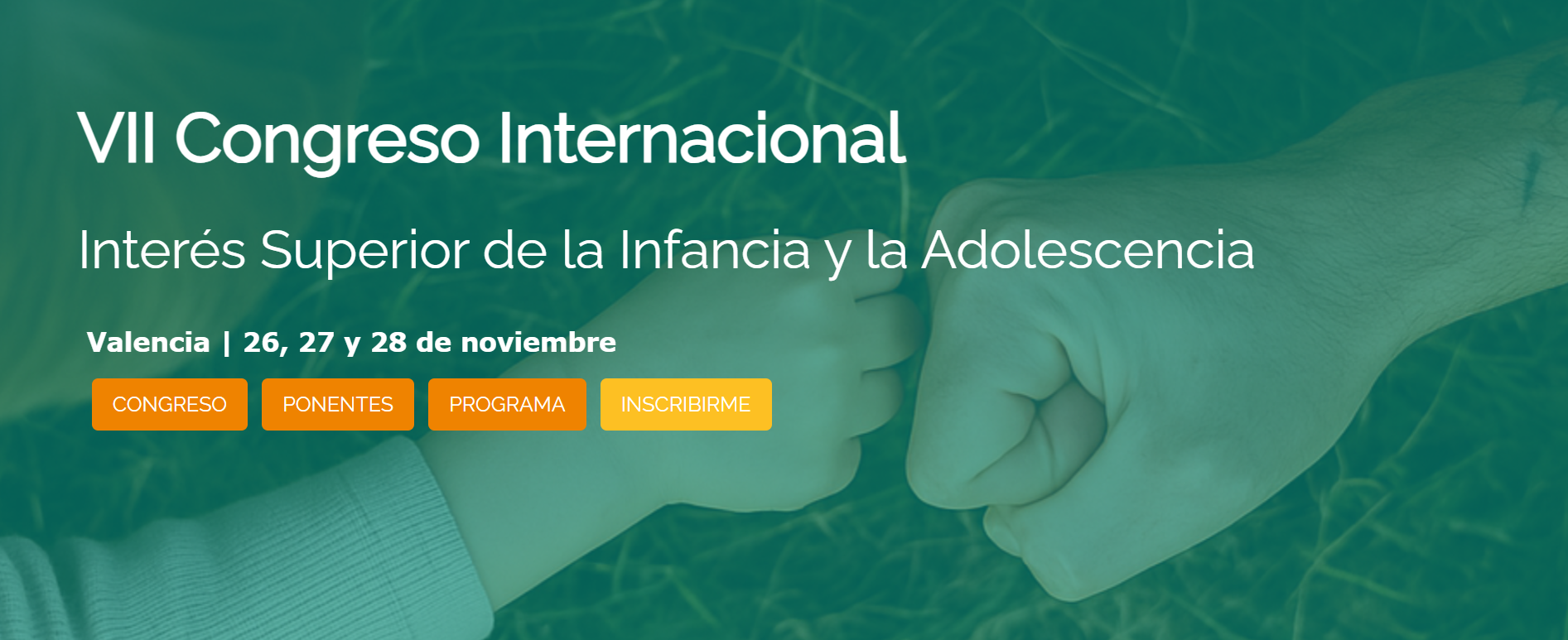DataCare National Correspondents explain how statistical data can help inform deinstitutionalisation reform: Lessons from Portugal
Over the past year, Eurochild, in partnership with UNICEF ECARO, has worked with national experts to improve the availability and scope of national and EU-level data for children in alternative care.
In Portugal, we have worked closely with our National Correspondents, Sérgio Araujo, Vânia S. Pinto and Véronique Lerch to inform the drafting of Portugal’s Child Guarantee National Action Plan (NAP).
The Child Guarantee NAP from Portugal was adopted by the Council of Minister on 17 January 2023 and launched publicly on 3 March 2023. When it comes to children in alternative care, the Portuguese Child Guarantee National Action Plan highlights the need to prevent the placement of children in institutions and the need to reform the child protection system by reinforcing foster care. Another encouraging aspect of the plan is the specific mention of 18 projects for semi-independent living for young people ageing out of the care system. Furthermore, a significant financial investment will be made towards increasing the number of professionals working in the child protection system.
The Portuguese NAP also includes indicators for children in alternative care, which are directly informed by the recommendations from the DataCare project, namely:
- number of children in residential care, disaggregated by age, gender, and disability;
- number of children under 7 in residential care, disaggregated by age, gender, and disability;
- percentage of children in family-type services in comparison to the total number of children in the special protection system, disaggregated by age, gender, and disability.
According to the National Correspondents, the consultation process for the development of the NAP did not fulfil the original intention of conducting wider public consultations. The team calls for more transparency in the process and meaningful involvement of civil society and children in the implementation, monitoring and evaluation of the plan.
The plan envisages the creation of Local Centres to implement the NAP (Núcleos Locais) across Portugal. So far, cooperation has been established with five municipalities and 17 municipalities have already expressed their interest to participate. Nonetheless, more information is needed to understand how the Local Centres will cooperate efficiently with other existing structures and how this collaborative work will help to support children and families living in poverty, rather than just add another layer of bureaucracy.
By including the indicators on children in alternative care, Portugal is taking some concrete steps towards de-institutionalisation for children but much more measures need to be taken to change the current system. Currently, 97% of children in alternative care are in residential care and only 3% are in foster care. By the end of the Child Guarantee in 2030, the National Correspondents hope to see these numbers reversed.
For more information, please consult the recent opinion articles written by the DataCare Portuguese Team concerning deinstitutionalisation in Portugal:
- Combater a pobreza infantil e acolher em família: quando o foco está na desinstitucionalização e na transição para uma vida independente
- “Garantia Europeia para a Infância”: Temos uma oportunidade única para tirar da pobreza milhares de crianças em Portugal
- O alarme da pobreza infantil e o futuro com a Europa
- O amor como um objetivo da política
- Que contribuições pede o acolhimento familiar?
Read the full findings and recommendations from the DataCare project





